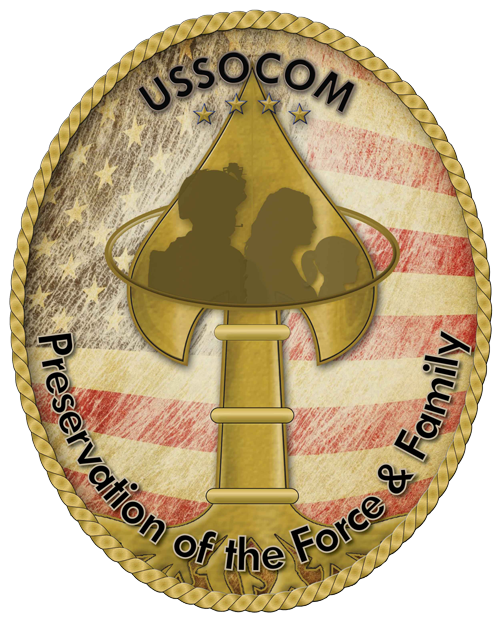Music therapy TBI PTSD
Music therapy has gained acceptance as an evidence-based treatment for TBI and PTSD. Learn more, and watch a video of music therapy in action.
By:
Mind - Mental Health
-
11/15/2018
-
Page Image 1
-
Page Image 2
-
Slider Image
Page Content
Music therapy is used to help treat brain and psychological injuries such as traumatic brain injury (TBI) and post-traumatic stress disorder (PTSD). TBI and PTSD can be life-changing events that cause physical, cognitive, sensory, and/or emotional impairments. However, a trained music therapist can use music to activate injured areas of the brain involved in the control of movement, cognition, speech, and emotions.
Substantial scientific evidence supports how and why music therapy works, but it also makes sense intuitively. Music evokes emotions and influences mood, whether you're happy or sad, relaxed or pumped. Music also inspires movement: Think how a good beat can induce foot tapping or dancing. Music also appears to be a unique means to access parts of the brain impacted by injuries and trauma, providing the means to initiate and aid the process of healing.
Some methods, such as Neurologic Music Therapy (NMT)—a type of therapy that stimulates the parts of the brain that perceive and produce music—can improve visual attention, verbal learning, complex verbal and visual memory, planning, and mental flexibility in patients diagnosed with TBI, when delivered in conjunction with group psychotherapy. Music therapy can stimulate injured nerve pathways and speech, as well as facilitate cognitive function. Music also can help promote movement for those affected by TBI.
In those with PTSD, music can arouse memories that need to be accessed and processed during the healing process. Music therapy provides a non-threatening and safe medium for participants to process moral injury that can accompany PTSD. In a group setting, music therapy can provide an outlet for emotional expression and support openness, sharing, and community among the group's members.
Music therapy is part of the rehabilitation process at places such as the National Intrepid Center of Excellence (NICoE) at Walter Reed National Military Medical Center, VA medical centers around the U.S., and the Defense and Veterans Brain Injury Center (DVBIC). VA also sponsors the National Veterans Creative Arts Festival, where veterans showcase their work.
This Creative Forces fact sheet describes the National Endowment for the Arts (NEA) Military Healing Arts Network and lists several creative arts therapy locations. For a more in-depth look, watch this video from NEA and DoD to see music (and other arts) therapy helping injured service members.
Music therapy TBI PTSD.aspx
Related Articles

